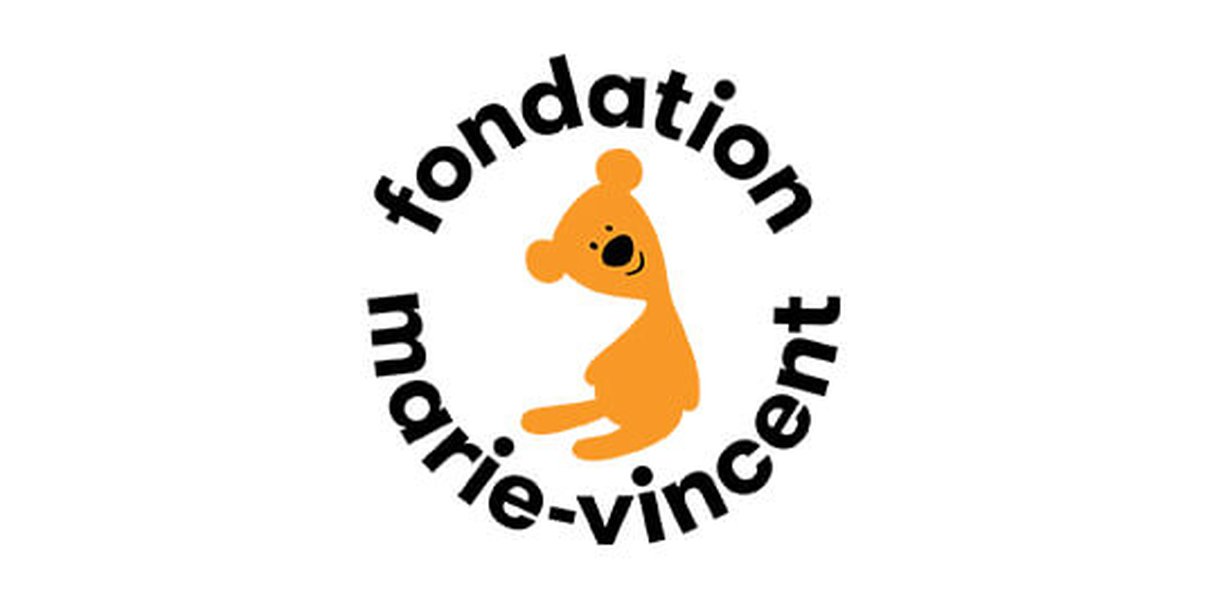RECOGNIZING PSYCHOLOGICAL DISTRESS
WHAT TO DO IF YOU ARE A VICTIM OF SEXUAL ABUSE
RECOGNIZING PSYCHOLOGICAL DISTRESS
WHAT TO DO IF YOU ARE A VICTIM OF SEXUAL ABUSE
Article written in collaboration with the Marie-Vincent Foundation
If you have been sexually assaulted or you’re concerned about a friend or family member who is in this situation, your head is probably swirling with a million different thoughts and questions. It’s important to remember that you’re not alone and that you’re entitled to help and support throughout your recovery process. And just by doing your research, you’re already taking an important step forward. Here are some resources that will help you better understand what sexual abuse is and learn how to talk about it or help a friend or family member.
FIRST AND FOREMOT, MAKE SURE YOU’RE HEALTHY
If you were sexually assaulted in the last 6 months, visit the designated centre providing medico-social services for sexual assault victims closest to your home. The workers there will give you the care you need and lend a non-judgmental ear.
If the assault occurred in the last 5 days, go to the centre as soon as possible, because you may need immediate care. In addition, if you want to report your assailant, evidence will need to be collected within this timeframe.
Don’t hesitate to ask someone you trust to accompany you if you don’t feel comfortable going alone!

Have doubts about what happened to you?
Feelings of uncertainty and ambiguity are the first signs that something isn’t right. Trust your gut and remember that, even if you have doubts, you still have the right to talk about it and ask for help.
How to tell if it was sexual abuse 🤔
Sexual assault is any act of a sexual nature, with or without physical contact, performed without the consent of the other person. This could be penetration or attempted penetration, mouth-to-genital contact, or being forced to kiss, fondle, or masturbate someone, touch someone, be touched by someone, look at pornographic material, take drugs or alcohol to have sexual relations, have sexual relations with another person, or receive an unwanted photo or video of a sexual nature.
In short, being a victim of sexual violence means being forced to fulfil the desires of your abuser. This may involve the use of physical force, but not necessarily. You may find yourself living in fear and feeling coerced, intimidated or threatened, whether subtly or overtly. Your abuser may use emotional manipulation or blackmail or may insist or make you feel guilty if you say no.
Here are a few examples:
“If you don’t sleep with me, I’ll be sad.”
“I’ll be frustrated and might go get it somewhere else.”
“Why did you come over if you didn’t want to have sex?”
“If you don’t want it, you must not really love me.”
“If you do what I ask, I’ll take you shopping and buy you some nice clothes.”
These behaviours, called sexual coercion, are unacceptable.
Your consent should always be respected! Giving in to pressure and manipulation is not the same as consenting.
Find out more about the different types of sexual violence
First steps toward healing 💙
• Listening to your needs and emotions is the first steptowards getting your mental health back on track.You’reprobably feeling a lot of emotions at the same time: whether it’s anger, shame or sadness, all your emotions are valid and deserve to be listened to, as you would do with your best friend.
• Accept that what happened to you is in no way your fault.
Regardless of the circumstances, relationship, or the attitude you had with your abuser, there is no justification for sexual assault. The perpetrator alone is responsible.
Important to know
NO MATTER HOW YOU RESPOND, IT’S VALID.
There is no right or wrong way to react to an episode of sexual violence. Whether during or after the event, everyone reacts differently.
For example, when faced with danger, your brain may trigger a defence mechanism called freezing1 🧠: this state of paralysis keeps you from reacting, which makes it impossible to fight back.

How to talk about the acts of violence and to whom?
- Take your time and go at your own pace. Asking for help takes a lot of strength—in fact, just getting as far as reading this article already took courage!
- Talking to a professional may be scary, so if you’re not ready, remember that you can always start by talking about what you’re going through with a trusted friend, a qualified youth worker at school, or an adult you trust.
- You can speak about your experience 🎤, write it down 🖍 (in a letter or a text message), use drawings 🎨, or refer to something in the news or a situation in a TV series that represents what you experienced and how you feel.
Whether you want to make a report or not, you can always find help here:
- Helpline for sexual assault victims – 1-888-933-9007 ☎
You can call this free, anonymous helpline 24/7 to talk to a social worker, who will give you advice and point you towards the right resources. - Other resources are available depending on your specific situation. Have a look at the list published by the Crime Victims Assistance Center (CAVAC).
- Canadien Centre for Child Protection
– Reporting a situation involving online sexual abuse
– Getting help to remove an intimate image being shared online
NEED TO TALK ABOUT HOW YOU FEEL?
Talk to a Tel-Jeunes worker: it’s anonymous, free, and available 24/7
Sources
1Muriel Salmona, psychiatrist, psychotraumatologist and president of the Traumatic Memory and Victimology Association.

With our partner
The Marie-Vincent Foundation supports children and teens who are victims of violence by offering them the services they need—all in one location. The Foundation also helps prevent sexual violence by focusing on education and awareness, and by helping children with problematic sexual behaviours.